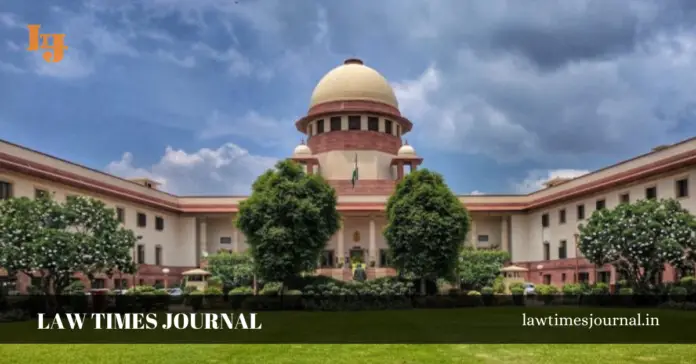
The central government defended the constitutionality of the Tribunal Reforms Act, 2021 (Act) before the Supreme Court, arguing that even if the basic structure concept is violated, it is not a basis for challenging the statute’s validity.
The Centre has told the Supreme Court that a violation of the Constitution’s fundamental structure principle can be used to invalidate a constitutional amendment but not a statute.
The Constitution’s basic structure may only be used to determine the legitimacy of a constitutional amendment, but it has no bearing on the validity of a statute, according to the Centre’s response. The Union of India’s statement came in response to a slew of petitions filed by the Madras Bar Association, Jairam Ramesh, and others questioning the Act’s validity. The petitions claimed that Section 3(1) of the Tribunal Reforms Act, 2021, as well as Sections 3(7), 5 and 7(1), infringed Articles 14, 21 and 50 of the Constitution.
“It has been held in a series of cases, including by two Constitutional Bench decisions and by a 7-judge bench of this Hon’ble Court, that the Constitution’s basic structure can only be used to test the validity of a Constitutional amendment but has no relevance when it comes to the validity of a statute,” the Centre said in its response.
The Centre went on to say that judicial independence isn’t a valid premise for putting statutes to the test. “If the judiciary’s independence is recognised as the basis for any reason, a clause could not be written that declares its removal, which would appear to be contradictory on the surface. Furthermore, the independence of the judiciary is not a basis for evaluating statutes “the reply stated.
The petitioners claimed that Section 3 (1) of the Tribunal Reforms Act of 2021 is unconstitutional and violates Articles 14 and 50 of the Constitution. Concerns about Section 3(7) of the 2021 Act have been raised as well. The abovementioned clause requires the search-cum selection committee to suggest a panel of two names to the Central Government for appointment to tribunals.








